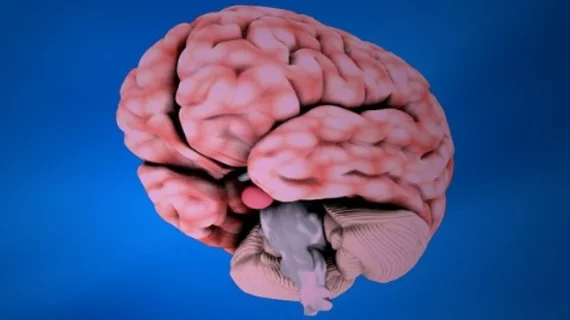Researchers succesfully open blood-brain barrier with focused ultrasound in Alzheimer’s patient
Researchers from the West Virginia University (WVU) Rockefeller Neuroscience Institute in Morgantown performed the first FDA-approved procedure of a phase II trial using focused ultrasound to treat Alzheimer's Disease.
The procedure was performed Tuesday, Oct. 16 which successfully and noninvasively opened a female patient’s blood brain barrier in order to help deliver treatment to the hippocampus—a prime target of Alzheimer’s responsible for memory and cognitive function, according to a university press release.
Last summer, researchers at Sunnybrook Health Sciences Center in Toronto reported the results of a phase I safety trial showing that they could reversibly open the blood-brain barrier in Alzheimer’s patients, according to the news release.
The current phase II trial was led by Ali Rezai, MD, a neurosurgeon at WVU, in collaboration with the Israeli medical technology company INSIGHTEC. The trial aimed to evaluate whether focused ultrasound could reduce the amount of plaque and overall cognitive decline in hippocampus of Alzheimer’s patients.
“I am hopeful that focused ultrasound opening of the blood-brain barrier will prove to be a valuable treatment option for patients with early Alzheimer’s who are confronting the enormous challenges associated with the disease on a daily basis,” Rezai said in a prepared statement.
The first patient involved in the phase II trial was a 61-year-old female with early-stage Alzheimer’s who suffered from disease-induced short-term memory loss.
For the study, micro bubbles were injected into the patient's bloodstream. When exposed to MRI and focused ultrasound, the bubbles successfully and temporarily opened the blood brain barrier in the patient's hippocampus and she was sent home the same day, according to the release.

